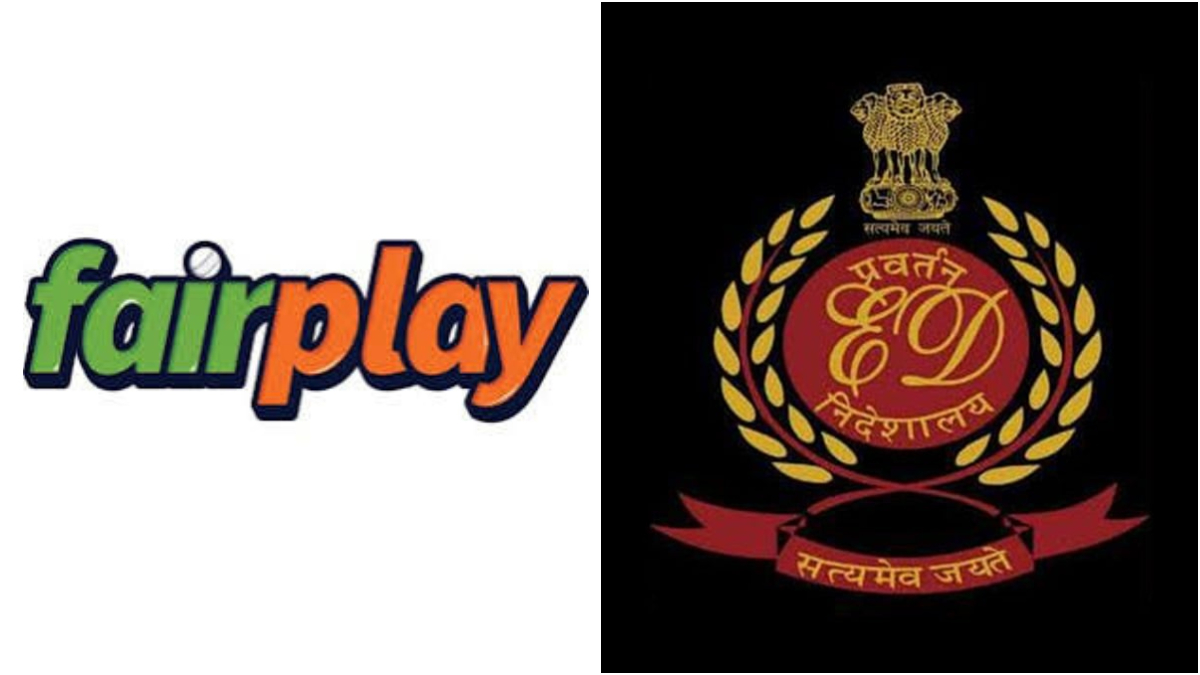ED seizes Rs 8.37 crore assets in Fairplay Betting App case; key financial entities involved in money laundering | Representational Image
Mumbai: The Enforcement Directorate (ED) has provisionally attached assets valued at approximately Rs 8.37 crore as part of its ongoing investigation into the Fairplay Betting App case, which involves allegations of illegal broadcasting of cricket/Indian Premier League (IPL) matches and online betting activities.
A provisional order under the Prevention of Money Laundering Act (PMLA) was issued 15th January to attach assets including immovable assets in the forms of residential flats and commercial offices located in New Delhi and Gurugram. total value of assets seized and attached in the case to approximately Rs 344.15 crore, central agency stated on Thursday
The ED money laundering probe stems from an FIR registered by the Nodal Cyber Police, Mumbai, following a complaint filed by Viacom18 Media Pvt. Ltd. The complaint alleged that Fairplay Sport LLC and others caused a revenue loss exceeding Rs 100 crore due to illegal streaming and betting activities.
According to the ED statement, During the investigation, the ED identified two companies, Beffy Finserve Private Limited and Truefund Innovations India Private Limited, allegedly facilitated illegal payouts for Fairplay users. According to the ED official statement, Fairplay systematically collected funds through mule and dummy bank accounts. These funds were layered and routed through multiple intermediary accounts before being transferred to the bank accounts of the two companies for illegal payouts. The commission earned by these companies was used by their directors to acquire immovable properties, including residential flats and commercial properties, in the names of themselves and related entities.
Sources revealed that Fairplay laundered over ₹4,500 crore through the financial services provided by Beffy Finserve and Truefund Innovations.
According to ED official sources, Beffy Finserve and Truefund Innovations employed sophisticated mechanisms to layer illicit funds, using numerous dummy bank accounts and entities across India. These entities allegedly facilitated the illegal transfer of funds to overseas locations, enabling Fairplay’s operations.
The financial firms played a crucial role in managing Fairplay’s financial operations. It was strategically used to handle user transactions, managing deposits through discreet escrow accounts while processing payouts via virtual bank accounts linked to shell entities. These shell entities, allegedly fictitious with no legitimate business activities, were key in creating a complex financial structure. This setup effectively masked the direct association between Fairplay and the suspected illicit transactions.
The firm’s role went beyond payment processing; it allegedly facilitated Fairplay’s transactions by exploiting non-KYC (Know Your Customer) account holders to conduct transactions without regulatory oversight. These account holders did not undergo the standard identification and verification processes required by law, which allowed Fairplay to move money anonymously. This setup effectively shielded the real identity of the individuals or entities allegedly involved in the transactions.
Additionally, non-whitelisted entities were allegedly employed to facilitate financial transfers. These entities were not recognized by official financial institutions, making them less likely to attract scrutiny. By using non-whitelisted entities in conjunction with non-KYC account holders, Fairplay allegedly created a system in which money, without regulatory intervention, could flow freely.
